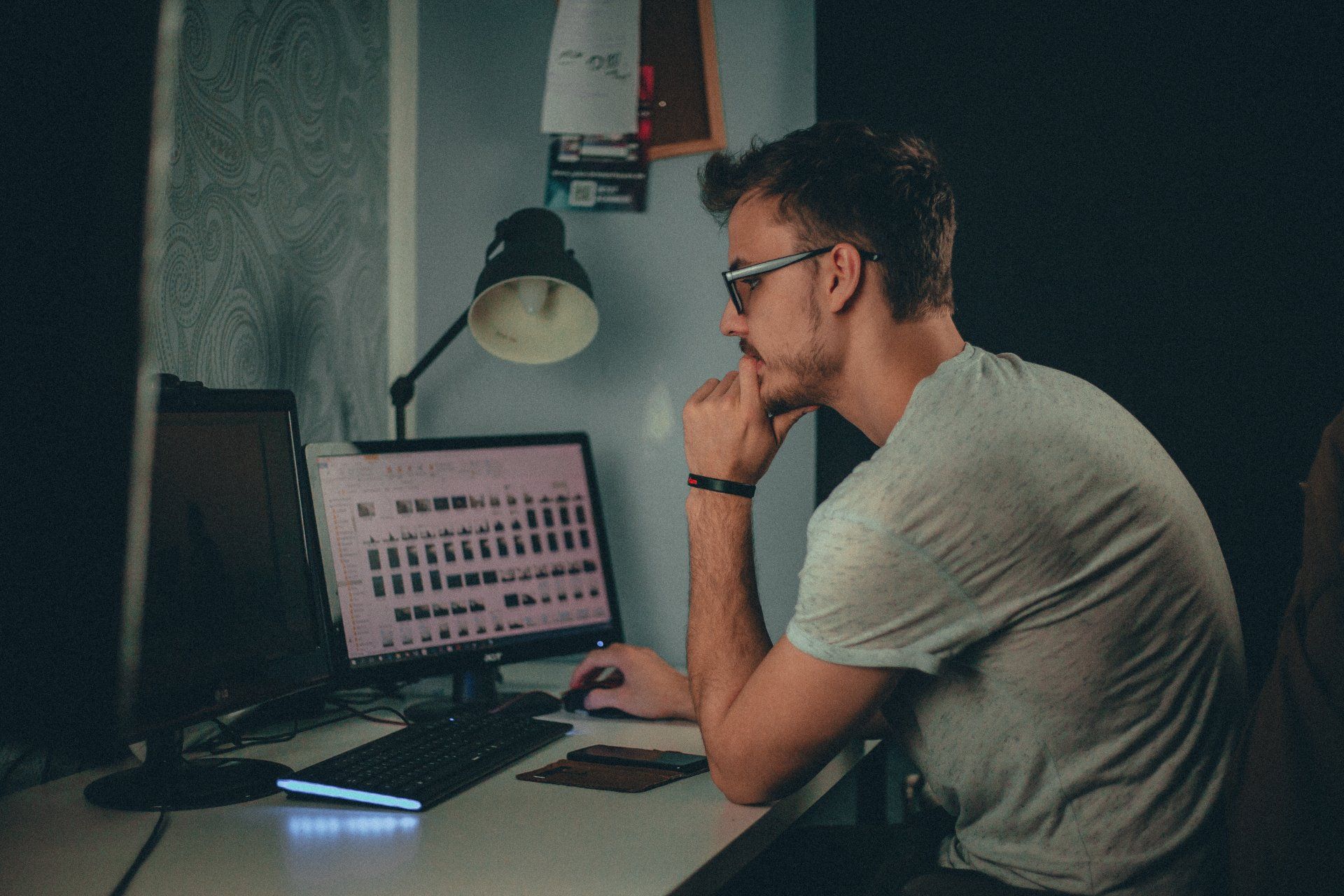DMCA ANTI-CIRCUMVENTION
REMEDIES AND RELIEF
The Anti-Circumvention Rules of the Digital Millennium Copyright Act prevent illegal access to copyrighted materials, such as computer software or media content, and provides remedies for punishing such illegal access.
PENALTIES FOR BREACHING DMCA
The Digital Millennium Copyright Act (DMCA) And Illegal Circumvention
To “circumvent a technological measure” means “to descramble a scrambled work, to decrypt an encrypted work, or otherwise to avoid, bypass, remove, deactivate, or impair a technological measure, without the authority of the copyright owner.” 17 U.S.C. § 1201(a)(3)(A). A technological measure “effectively controls access to a work” if “the measure, in the ordinary course of its operation, requires the application of information, a process or a treatment, with the authority of the copyright owner, to gain access to the work.” Id. § 1201(a)(3)(B). It does not require that it be a strong means of protection. See RealNetworks, Inc. v. Streambox, Inc., 2000 WL 12731 (W.D. Wash. 2000). For more information on DMCA compliance visit our our page on DMCA Compliance
What Are The Remedies For Breaching The DMCA?
In the event a court believes a third party has circumvented a technology measure of your copyright, there are four basic types of damages available::
- Injunctions;
- Impoundment;
- Damages; and
- Criminal Penalties
Injunctions For DMCA Violation
The DMCA authorizes both preliminary and permanent injunctions. 17 U.S.C. § 1203(b)(1). As with copyright infringement, the suit must be brought in federal district court. Id. § 1203(a). An injunction is a judicial order that restrains a third party from beginning or continuing an action threatening or invading the legal right of another. An injunction would order a third party to cease and desist the acts which lead to the copyright infringement.
Impoundment For DMCA Violation
The DMCA’s provision for impoundment is similar to that for copyright infringement:
"[A]t any time while an action is pending, [the court] may order the impounding, on such terms as it deems reasonable, of any device or product that is in the custody or control of the alleged violator and that the court has reasonable cause to believe was involved in a violation."
17 U.S.C. § 1203(b)(2). Because the structure is akin to that for copyright infringement—as opposed to the impoundment provision for counterfeit goods which explicitly authorizes ex parte seizure—to obtain ex parte seizure it is necessary to proceed under to FED. R. CIV. P. 65(b), as described below. Whereas the copyright provision only provides for impoundment of the infringing articles themselves, however, the DMCA allows impoundment of “any device or product . . . that the court has reasonable cause to believe was involved in a violation” (emphasis added). This can be interpreted broadly to include the crabby hacker’s computer and related media. If your materials and technology have been wrongfully misappropriated or used, our Dallas DMCA attorneys can assist your in stopping such wrongful misappropriation and use of your copyrighted material.
Additional DMCA Remedies Focus
Damages For DMCA Violation
The DMCA provides for either (1) actual damages and any nonduplicative profits of the violator or (2) statutory damages. 17 U.S.C. § 1203(c)(1). Statutory damages for anti-circumvention may not be less than $200 nor more than $2500 “per act of circumvention, device, product, component, offer, or performance of service, as the court considers just.” Id. § 1203(c)(3)(A). Up to triple that amount is available if the violator was found liable for another violation within a three year period. Id. § 1203(c)(4). Although the range of damages is significantly smaller than for copyright, whereas the copyright range is per protected work, the anti-circumvention range is per violation. A court may reduce or remit damages in the case of an innocent violator and may, in its discretion, award costs and attorney’s fees. Id. §§ 1203(b)(4), 1203(b)(5), 1203(c)(5).
Criminal Penalties For DMCA Violation
According to press coverage, in United States v. Elcom Ltd., which resulted in a jury verdict of acquittal, the trial court instructed jurors that “willful” requires a defendant to know his actions are illegal and intend to violate the law. Other courts, even in that jurisdiction, however, may not follow that definition until it becomes circuit law. Any person who violates section 1201 or 1202 willfully and for purposes of commercial advantage or private financial gain—
(1) shall be fined not more than $500,000 or imprisoned for not more than 5 years, or both, for the first offense; and
(2) shall be fined not more than $1,000,000 or imprisoned for not more than 10 years, or both, for any subsequent offense. See 17 U.S.C. § 1204(a).
What Are The Exceptions To The DMCA's Anti-Circumvention Law?
Summarizing loosely, Section 1201(a)(2) provides a partial exemption from DMCA liability for generally the following types of activities; however, you should consult a lawyer before attempting to circumvent technology that you do not own:
- nonprofit libraries, archives, and educational institutions;
- law enforcement, intelligence, and other government activities;
- allows a person with a lawful right to use a computer program to circumvent a technological measure controlling access (and traffic in that circumvention) for the sole purpose of achieving interoperability of an independently created program;
- good faith encryption research;
- partially exempts devices limiting minors’ access to material on the Internet;
- circumvention of a measure that surreptitiously collects and disseminates personally identifying information; and
- security testing with the authorization of the owner of a computer or computer network.
CLIENT MATTERS
5,000+
YEARS OF SERVICE
25+
Award Winning
Recognized in the legal industry as dedicated board-certified lawyers and Rising Stars.
Expert Team
Your project will be handled by legal experts every time. You will have the most experienced attorneys working for you.
Quality Representation











